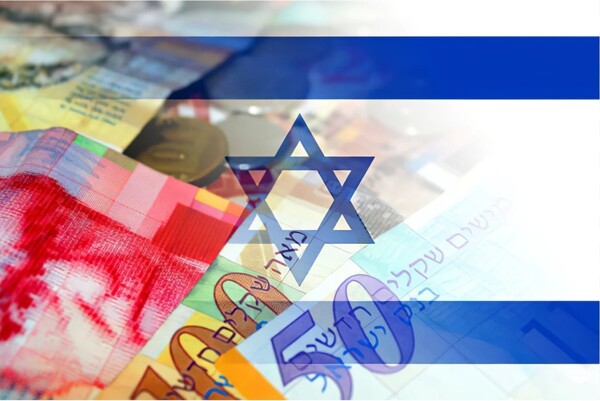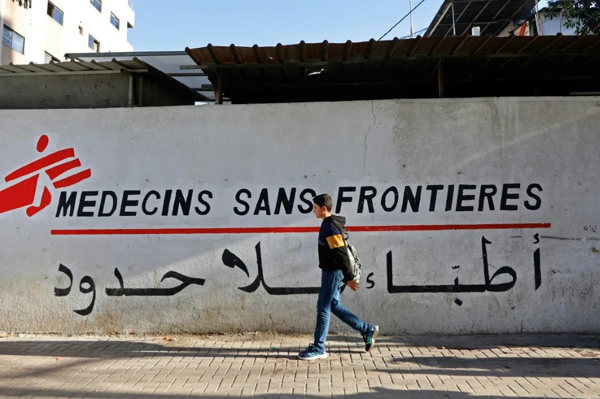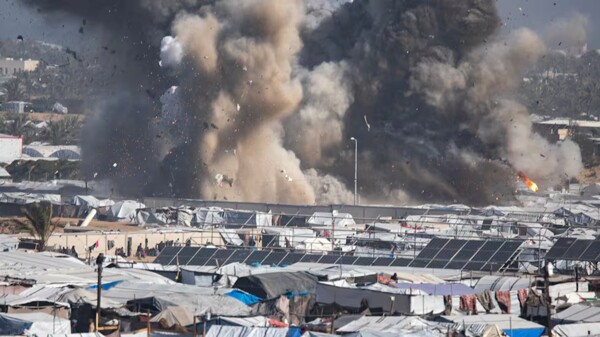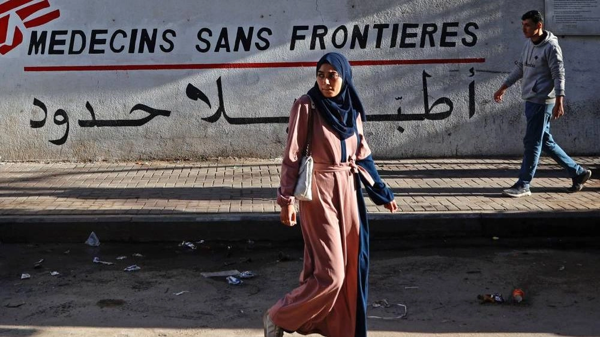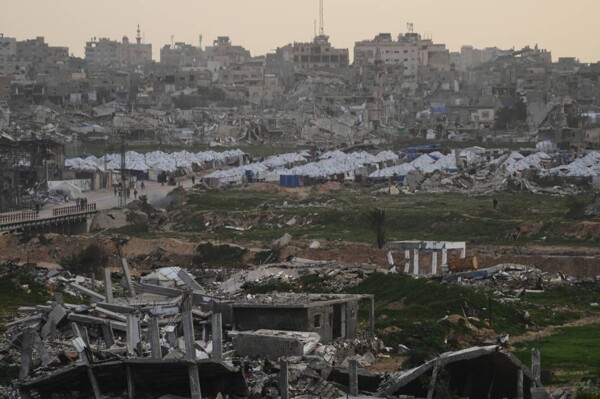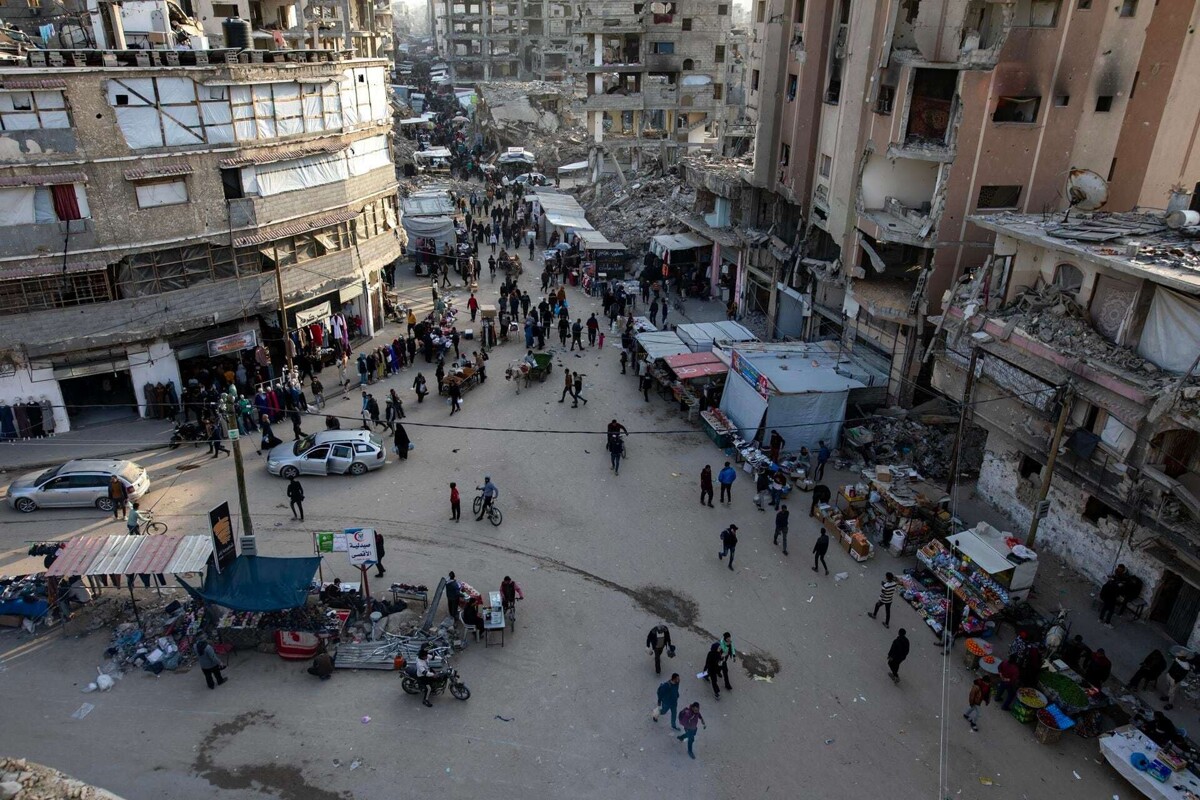
Israel has once again blocked the entry of humanitarian aid to the Gaza Strip, raising concerns about the situation in the region. This blockade affects the supply of food, fuel, medicine, and other essential resources for the two million people living in Gaza. Furthermore, it hampers the functioning of hospitals, water pumps, bakeries, and telecommunications, as well as the distribution of aid by trucks.
In response to this situation, Israel argues that this measure is intended to exert pressure on Hamas to accept its ceasefire proposal. Benjamin Netanyahu, the Israeli Prime Minister, has expressed his willingness to increase pressure, even suggesting the possibility of completely cutting off the electricity supply to Gaza if Hamas does not yield.
The UN has condemned these actions, noting that they constitute serious violations of international law, humanitarian laws, and human rights. More than twenty specialists have warned that Israel's unilateral blockade alters the conditions of the ceasefire in Gaza, which could be considered war crimes and crimes against humanity according to the Rome Statute.
Despite the ongoing ceasefire, it is reported that at least a hundred Palestinians have been killed by the Israeli Army in Gaza. UN experts, such as the rapporteur for the Palestinian Territories, Francesca Albanese, urge the mediators of the ceasefire agreement to intervene to preserve the agreed-upon conditions and prevent Israel's attempts to unilaterally modify them. The situation worsens with the celebration of Ramadan in Gaza, during which the blockade intensifies difficulties in accessing vital resources. Humanitarian efforts are compromised by this situation, putting at risk the progress made to avoid famine in the region.
Gaza's dependence on humanitarian aid is crucial, as the majority of the population is displaced from their homes and needs shelter. Human rights groups have denounced this blockade as a "hunger policy," highlighting the urgent importance of ensuring the population's access to basic resources for survival.
In this context of tension, the freeze on humanitarian aid poses a significant humanitarian challenge that requires immediate actions to protect the vulnerable population in Gaza.











